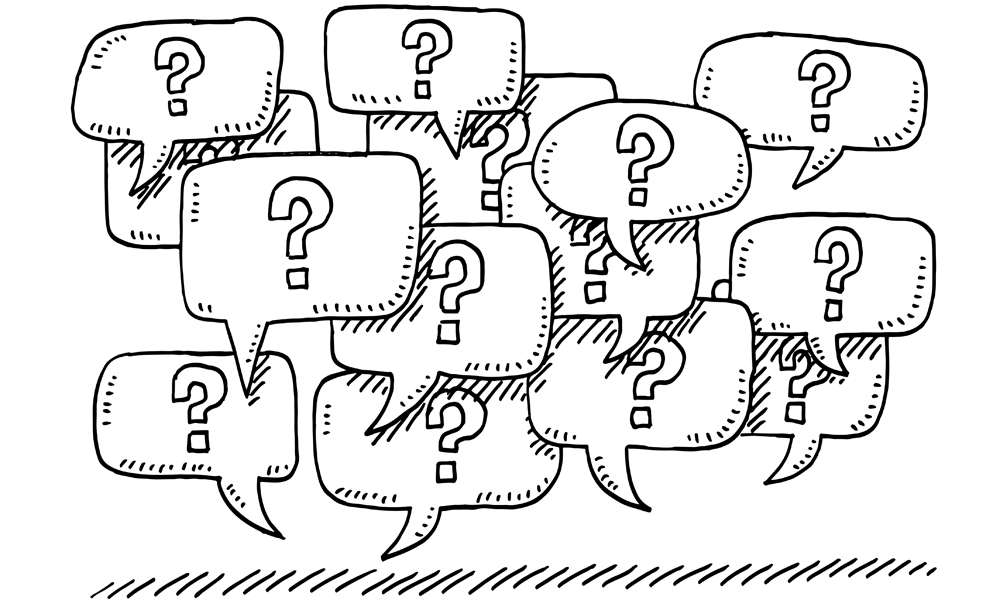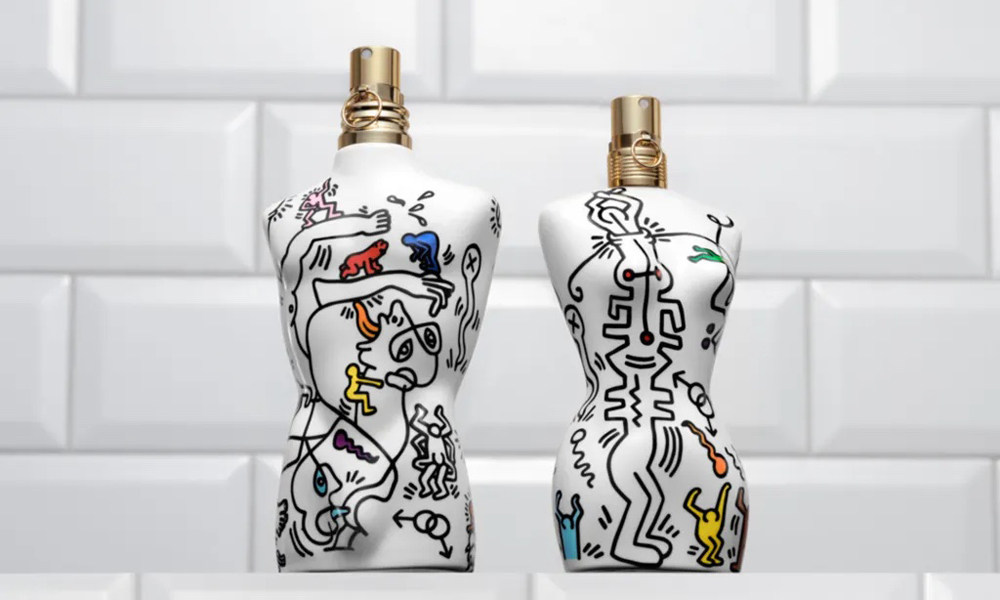As if there isn’t enough hate in the world…
By Courtney Hardwick
A hate crime is defined as a crime that is motivated by prejudice on the basis of race, religion, sexual orientation or other grounds. A 2016 FBI report showed that hate crimes are on the rise in the US, and although these crimes don’t always involve violence, their lasting effects on the community and the victims are undeniable.
One of the most notorious LGBT hate crimes in the US was the murder of Matthew Shepard, a young man who was attacked and beaten to death simply because he was gay. Although someone can be a victim of a hate crime no matter what their race, sexual orientation or religion, the most commonly targeted groups are the Black, gay and trans communities.
With so much real hate and violence in the world, why would someone want to make up a hate crime? Why would they want to be labelled a victim? The answer isn’t simple.
In January, one of the stars of Fox’s Empire, Jussie Smollett, reported that he had been attacked in Chicago by two men. Smollett, who is Black and openly gay, claimed the two men used homophobic slurs, put a noose around his neck, and assaulted him. The Chicago PD took the attack seriously, the LGBT community rallied behind him, and thousands of people expressed their support.
Weeks later, however, reports started to surface that Smollett might have staged the attack. He was charged with 16 counts of disorderly conduct, including filing a false police report, although he maintained his innocence. The charges have since been dropped, but little information has been given as to why – and we’ll most likely never know the truth for sure.
Despite the headlines that have dominated the news cycle in recent months, false reports of hate crime are very uncommon. The Center for the Study of Hate and Extremism at California State University, San Bernardino, says that of an estimated 21,000 hate crime cases that were reported between 2016 and 2018, fewer than 50 reports were found to be false. The center believes that less than one per cent of all reported hate crimes are false.
When a high-profile attack like Smollett’s turns out to be possibly fabricated, that hurts not just the community that was initially affected, but every single person who has ever been – or ever will be – genuinely the target of an attack. Why? Because it makes it harder for them to come forward, and less likely that anyone will believe their story regardless of the evidence.
Just look at victims of sexual assault. The #MeToo movement has only started to shed light on the sheer number of people, both male and female, who have experienced some sort of sexual assault or harassment. Some of them are coming forward years after the fact, and it’s not hard to see why so many people choose to never come forward at all. It’s an uphill battle to get anyone to believe them – and the victims are scrutinized, judged and ridiculed by people who say they must have done something to provoke the attack.
So if real victims choose to stay quiet to avoid the extra trauma, why would anyone want to put themselves in the position to be publicly judged like that? The motivation behind filing false hate crime reports may be more than just getting attention. Munchausen syndrome or “factitious disorder” is a mental illness in which a person acts as if they have a physical or mental disorder when, in reality, they themselves are causing the symptoms. Similarly, Munchausen by proxy leads a person to treat someone else as if they are seriously ill when that is not the case. The motive could be to garner sympathy from others, to collect money and gifts, or just simply to get attention.
“Factitious victimization” is the psychological term for people who like to “play the victim.” For example, there were a number of people who claimed to be survivors of the 9/11 World Trade Center attacks who were later exposed as liars. Some did it for the money, but others did it for the fame and attention that came with their “harrowing story” of escape from one of the deadliest – and most notorious – terrorist attacks in history.
There is a difference between people who capitalize on an attack like 9/11, and those who orchestrate a fake attack. Inserting yourself into an existing disaster has signs of narcissism written all over it – those people want to make the tragedy about them, and steal sympathy away from real victims who actually need the support. Someone who makes up their own story most likely either has a mental illness like Munchausen’s or has a motive like monetary gain.
Pathological lying (or “malingering,” in psychiatric terms) is consciously lying for a purpose.
Faking a hate crime doesn’t always involve physical violence, but it exploits vulnerabilities and takes attention away from people who need it the most: the ones who really are victims. They deserve to be believed, and we can’t let the small percentage of those who fake hate crimes (or any crime) influence how we treat the next case – because despite the attention the fake cases tend to get, most people who report a hate crime or attack are actually telling the truth.
—
COURTNEY HARDWICK is a Toronto-based freelance writer. Her work has appeared online at AmongMen, Complex Canada, Elle Canada and TheBolde.

Why Would Someone Fake A Hate Crime?
Related Articles
Kathy Griffin Is Back On The Road, And Feistier Than Ever
After six years, the award-winning comedian is back on the road for her My Life On The PTSD-List tour, which includes stops across Canada
Photo Gallery: The Enchanté Network’s National Black 2SLGBTQI+ Futures Summit
Highlights from Canada’s largest convening of Black 2SLGBTQI+ leaders and movement makers
Jean Paul Gaultier’s Pride 2024 Perfume Bottles Get The Keith Haring Treatment
Available starting May 15, Jean Paul Gaultier’s “Classique” and “Le Male” Pride bottles honouring the work of Keith Haring will be on shelves for a limited time





POST A COMMENT